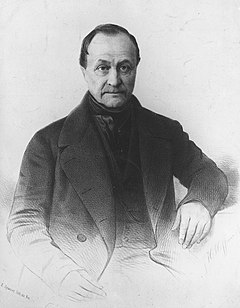Positivism
Empiricist philosophical theory / From Wikipedia, the free encyclopedia
Dear Wikiwand AI, let's keep it short by simply answering these key questions:
Can you list the top facts and stats about Positivism?
Summarize this article for a 10 years old
Positivism is a philosophical school that holds that all genuine knowledge is either true by definition or positive—meaning a posteriori facts derived by reason and logic from sensory experience.[1][2] Other ways of knowing, such as intuition, introspection, or religious faith, are rejected or considered meaningless.

Although the positivist approach has been a recurrent theme in the history of western thought, modern positivism was first articulated in the early 19th century by Auguste Comte.[3][4] His school of sociological positivism holds that society, like the physical world, operates according to general laws.[5] After Comte, positivist schools arose in logic, psychology, economics, historiography, and other fields of thought. Generally, positivists attempted to introduce scientific methods to their respective fields. Since the turn of the 20th century, positivism has declined under criticism from antipositivists and critical theorists, among others, for its alleged scientism, reductionism, overgeneralizations, and methodological limitations.